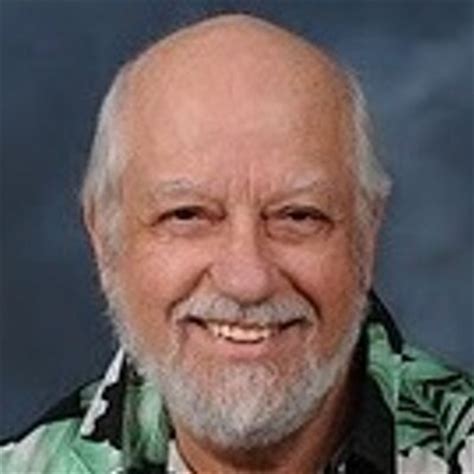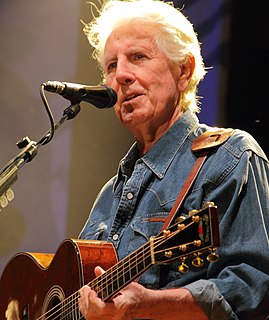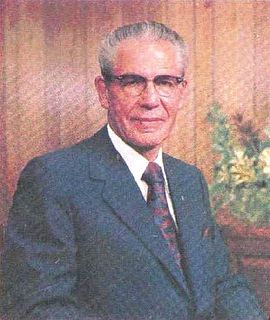A Quote by Dan Ariely
Money is a great way to get happiness. Right? Lots of wonderful things you can do with money. The question is, are we really optimizing on that? So, if you think about getting lattes and getting cable. Which one of those is actually giving you a greater happiness, and if you have to cut on one of those, which one would you cut? So, I think thinking in terms of concrete terms would help us a great deal.
Related Quotes
If the US had a relationship with Russia, North Korea - which is our single biggest problem right now - North Korea, it would be helped a lot. I think I'm doing very well with respect to China. They've cut off financing; they've cut off bank lines; they've cut off lots of oil and lots of other things. And it's having a big impact. But Russia, on the other hand, may be making up the difference. And if they are, that's not a good thing. So having a relationship with Russia would be a great thing - not a good thing - it would be a great thing, especially as it relates to North Korea.
When you think of everything in terms of just money, then almost nothing is enough. I mean, how much money is enough? Because it's hard to translate money into goods. And I think people, once, I think there's a lot things can believe, and once they start thinking about wealth in terms of money, they lose the idea of enough-ness.
If you have "needing money" in your vibration, then you will keep attracting needing money. You have to find a way of being happy NOW, feeling good NOW, and being in joy NOW, without the money, because those great feelings are how you will feel with the money. Money doesn't bring happiness - but HAPPINESS BRINGS MONEY.
Where taxes are concerned, there are two clear-cut points of view. There are those who think they're too high and those who think they should be even higher because, after all, politicians spend our money far more wisely than we do. The obvious solution I'd propose is that the people in the first group would pay less and those in the second group would pay more. Lots more.
Don't get it twisted. It's not about money, it's not about the fame. It's about I don't have to worry about if my little brother is gonna be able to get a new toy for Christmas. It's those little tiny things that really make up the bigger picture. So, my happiness doesn't come from money or fame. My happiness comes from seeing life without struggle.
Do you know how much money you would save if you changed your light bulb to compact florescent light bubs? How much would you save if you decreased your temperature of your house in the winter by one degree, or increase it by one degree? We just don't know these numbers, but I think displays could make it a memorable change in terms of attention, and also help us translate it in terms of concrete ways on what you can get.
[There is] a strange split in thinking common to those on the religious left, who are quick to denounce the profit motive and commercialism. Yet, they seem to think that the key to happiness is giving people more stuff - by enlisting the coercive power of government. This perverse way of thinking holds that 'social justice' demands that we take money from those who have earned it and give it to those who have less of it. That's not social justice; that's materialism.
I think I missed all of the wonderful things ... I missed the control that you have in film, and I missed getting it right, really getting it right, the way you hope people will see it. All of the things that people love about theater - the fact that it changes every night and that it's so spontaneous - all of those things just frighten me.
The most difficult thing for us seems to be to give of ourselves, to do away with selfishness. If we really love someone, nothing is too difficult for us to do for that individual. There is no real happiness in having or getting unless we are doing it for the purpose of giving it to others. Half the world seems to be following the wrong scent in the pursuit of happiness-many think it consists of having and getting and being served, when really happiness is found in serving others.
Don't be too much concerned about money, because that is the greatest distraction against happiness. And the irony of ironies is that people think they will be happy when they have money. Money has nothing to do with happiness. If you are happy and you have money, you can use it for happiness. If you are unhappy and you have money, you will use that money for more unhappiness. Because money is simply a neutral force.
Making 'The Invitation' and waiting to make it on my terms and getting final cut and doing it the way I needed to do it was incredibly challenging, but it has really been so great for me. I'm so thankful that that's happened, that I got to work with actors I really like and have just such a good experience in delving into that story.




































